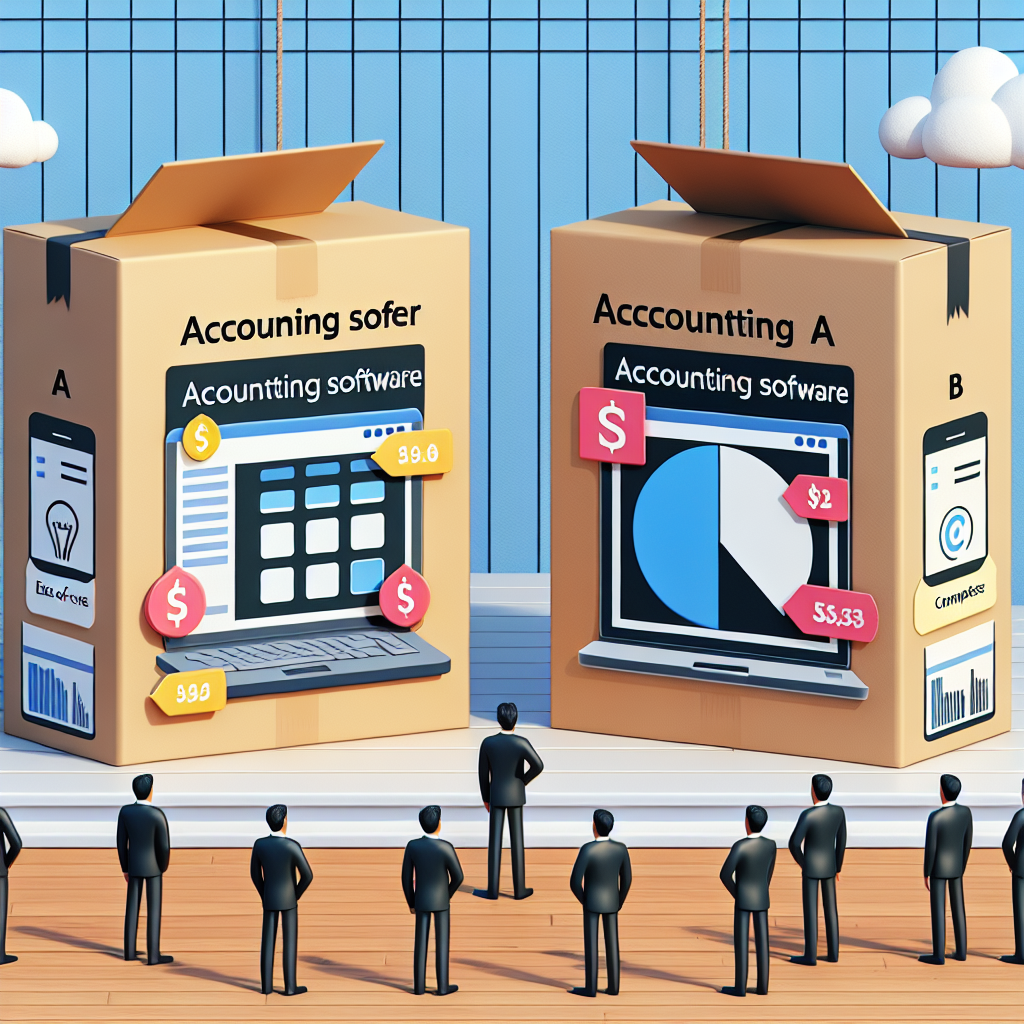===
Are you grappling with the complexities of managing your business’s finances? If so, comparing LegalZoom Books and QuickBooks may be the pivotal decision that elevates your financial management strategy. Many entrepreneurs find themselves overwhelmed by accounting tasks, leaving them to question whether LegalZoom Books or QuickBooks is the better option for their unique needs. This article delves deeply into the key features of these two platforms, revealing their distinct advantages, usability, pricing structures, and support options. Equip yourself with the insights necessary to make an informed choice for your business.
Key Features of LegalZoom Books vs. QuickBooks Explained
When evaluating LegalZoom Books and QuickBooks, it’s essential to examine their core functionalities. LegalZoom Books is designed specifically for small business owners seeking a simplified approach to bookkeeping. Its primary features include automated bookkeeping, tax preparation assistance, and a user-friendly dashboard that provides a clear overview of finances. This platform aims to alleviate the anxiety often associated with managing finances by offering straightforward, guided processes that allow users to focus on their business growth.
On the other hand, QuickBooks stands as a titan in the accounting software arena, renowned for its comprehensive suite of tools tailored for various business sizes. The platform boasts advanced features such as customizable reporting, payroll management, and inventory tracking. Furthermore, QuickBooks integrates seamlessly with a variety of third-party applications, allowing businesses to tailor their accounting environment to fit specific operational needs. For users seeking extensive functionality and scalability, QuickBooks emerges as a powerful ally.
Despite their differing focuses, both platforms share a common goal: simplifying financial management. LegalZoom Books excels in providing a streamlined experience for those new to bookkeeping, while QuickBooks caters to businesses that require advanced features and customizations. Ultimately, understanding your specific needs—whether you prioritize simplicity or robust functionality—will guide you in selecting the platform that aligns best with your business objectives.
Analyzing Pricing, Usability, and Support Options
Pricing can often be a decisive factor when choosing between LegalZoom Books and QuickBooks. LegalZoom Books operates on a more straightforward flat-rate subscription model, making it easier for small business owners to forecast their expenses. This pricing structure is attractive for startups and freelancers who may have limited budgets, as it includes essential services without unexpected fees. LegalZoom also offers transparent plans that integrate bookkeeping and tax services, ensuring users know exactly what they’re paying for.
QuickBooks, conversely, operates on a tiered pricing structure, which can be beneficial for growing businesses wanting to scale their accounting capabilities. With various subscription levels, users can select a plan that aligns with their growth stages, from basic invoicing and expense tracking to comprehensive accounting solutions with advanced reporting features. However, this can lead to confusion for some users, especially those trying to decide which tier offers the best value based on their specific needs.
When it comes to usability, both platforms strive to be accessible, but they cater to different audiences. LegalZoom Books is tailored for those who may not have extensive accounting knowledge, featuring a clean, intuitive interface that guides users through essential bookkeeping tasks. This is particularly advantageous for small business owners who prefer a hands-on approach without the steep learning curve. QuickBooks, while powerful, may require a more significant investment of time to unlock its full potential. However, once mastered, it empowers users with unparalleled customization and reporting capabilities. Support options for both platforms also vary, with LegalZoom providing direct assistance via their customer service team, while QuickBooks offers extensive online resources, including tutorials, forums, and community support, ensuring users have multiple avenues for assistance.
===
In conclusion, choosing between LegalZoom Books and QuickBooks hinges on understanding your unique business needs and financial management goals. LegalZoom Books shines for those seeking simplicity and transparency, while QuickBooks caters to businesses that require robust functionality and extensive reporting capabilities. By carefully assessing the features, pricing, usability, and support options of each platform, you can make a decision that not only alleviates your financial management burdens but also propels your business toward future success. Don’t hesitate to explore the possibilities each option presents; your financial peace of mind is just a decision away.
Understanding LegalZoom Billing: Fees, Structure, and InsightsUnderstanding LegalZoom’s Basic Will: Key Features ExplainedUnderstanding LegalZoom’s Business Address Services ExplainedRelevant LinkRelevant LinkRelevant LinkUnderstanding Legal Self-Defense Weapons in CanadaUnderstanding Legal Paper Size: Dimensions and Uses ExplainedNavigating Legal Name Changes in Ontario: A Comprehensive GuideRelevant LinkRelevant LinkRelevant Link



















